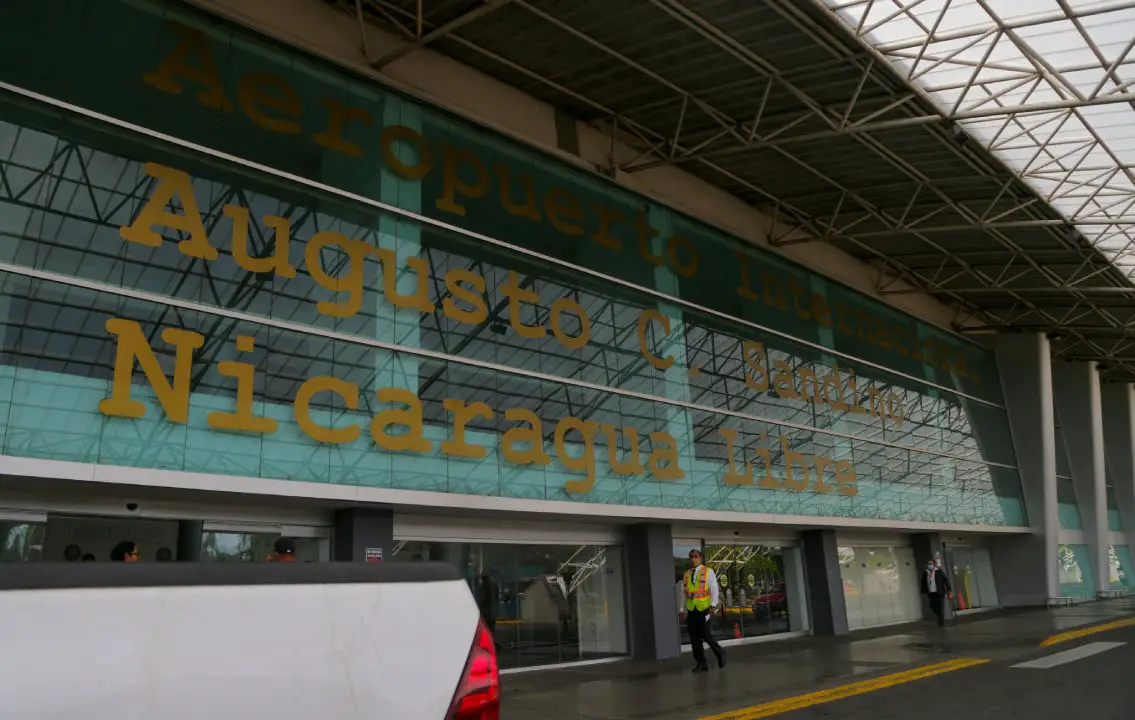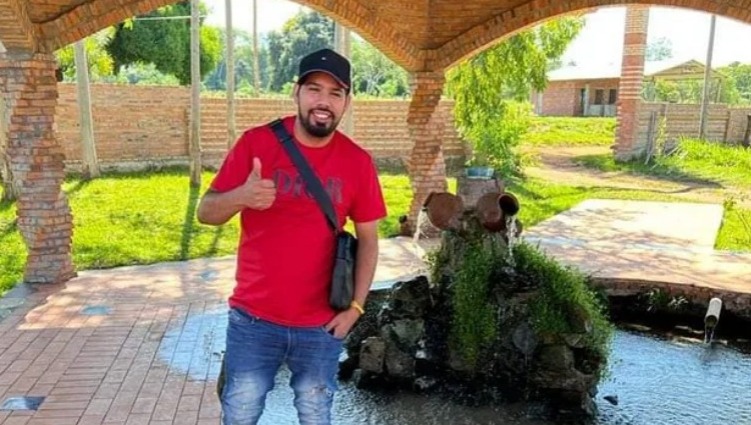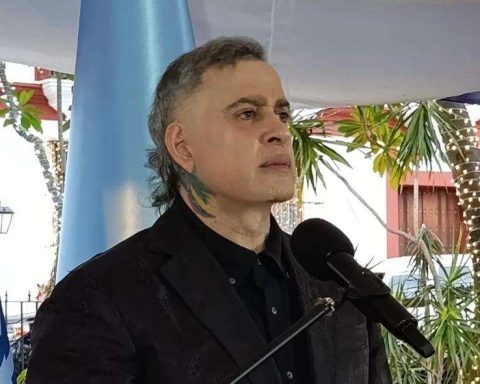The departure of Captain Carlos Salazar Sánchez, director of Civil Aeronautics in Nicaragua, was the result of a cocktail that combined the process of militarization of the regime’s controls at the country’s airports and the power struggles between Daniel Ortega and Rosario Murillo. Salazar was one of the officials who still “survived” from the first cabinet that he took office with Ortega’s coming to power in 2007, and his departure was executed by the retired General Commissioner Horacio Rocha.
Salazar was appointed to the position after being linked as one of those responsible for the bankruptcy of the national airline Atlantic Airlines in 2006, generating concern among the aviation sector in the country. In addition, he is pointed out as a stalwart of Ortega, who raised his profile as an official by appointing him, on August 23, 2018, as presidential adviser on national and international aviation issues.
His fall as director of Civil Aeronautics, after 16 years in office, was made official through the presidential agreement 12-2023published in La Gaceta, Official State Gazette, on January 30, 2023, in which his resignation from this portfolio was reported, as well as his appointment as presidential adviser.
“The resignation of comrade Carlos Danilo Salazar Sánchez is accepted in the positions of adviser to the President of the Republic for the activities of the Civil Aeronautics sector at the national and international level and general director of the Nicaraguan Institute of Civil Aeronautics,” it cited according to the agreement presidential.
In this same edition of La Gaceta, the appointment of Mario José Altamirano Díaz as the new director of Civil Aeronautics was published, who is described by sources linked to the Nicaraguan aviation sector, “as a second-level aviation technician, a good person and quite modest in his way of being, without much interest in appearing ”. He was the director of Air Navigation for Civil Aeronautics of Nicaragua.
Before being made official in La Gaceta, Salazar’s fall had taken place in fact, after the arrival of the retired general commissioner Horacio Rocha –recently reactivated by the regime as a presidential adviser with the rank of minister on national security issues– to the offices of the Directorate of Civil Aeronautics and ordered the dismissal of Captain Salazar.
Rocha’s arrival occurred in the context of the handover by the cControl of national and international airports from the country to the National Police and the Nicaraguan Army.
Police and Army run Nicaraguan airports
through two presidential agreements, published in La Gaceta on January 18, 2023, the Ortega-Murillo regime appointed Senior Commissioner Iván Escobar Ramírez as the new director general of the International Airports Administration Company (EAAI). Escobar was director of Economic Investigations for the Police and was transferred on an “external service commission,” according to a later press release from this institution.
He also appointed Army Captain Marvin Noé Padilla Fonseca, the new deputy director in charge of controlling profits from the country’s airport operations, mainly the Augusto C. Sandino International Airport of Managua, as well as the Bluefields, Puerto Cabezas, and Corn Island air terminals. and San Juan de Nicaragua.
After the appointment of Mario José Altamirano Díaz as the new director of Civil Aeronautics, Horacio Rocha, appeared again at the offices of this portfolio to order the dismissal of the legal advisor, Leónidas Duarte.
Two sources linked to the aviation sector point out that the dismissals ordered by Rocha were due to alleged irregularities in Civil Aeronautics due to the creation of dozens of jobs to place family, friends and relatives of Salazar. There were also complaints about increases in permits for aircraft operations in the country, imposed arbitrarily and untimely, however, a police investigation was not formalized nor was a judicial complaint filed against them.
“There were many complaints against Salazar, not only from pilots, but also from users, owners of spray planes, but there were no complaints because Salazar acted as a protégé of Francisco ‘Chico’ López with the authorization of Carmen,” explained one of the sources. .
Another source directly linked to the Civil Aeronautics Directorate said that Salazar’s removal was due to the fact that he was seen as a “Daniel Ortega file”, and there was pressure from Rosario Murillo to remove him from office, due to alleged tensions with the captain.
CONFIDENTIAL He called Salazar’s cell phone to find out his version of these reports, but he did not respond.
Anguish among employees of Civil Aeronautics
The untimely departure of Salazar and the arrival of police and military control at the country’s airports has caused anxiety among the employees of the Civil Aeronautics Directorate, who have now been forced to participate more continuously in activities in favor of the Sandinista Front.
Police sources and public safety specialists consulted for previous reports by CONFIDENTIAL point out that this movement of the regime is reminiscent of the one carried out in the Financial Analysis Unit (UAF), an instance that also came to be managed by military and police commanders.
The UAF is led by Major General Denis Membreño Rivas and Commissioner General Aldo Sáenz Ulloa, a military-police scheme, contrary to the appointments in the EAAI, which are police-military.
Elvira Cuadraan expert in public security issues, recalled when consulted for a previous CONFIDENCIAL investigation that this scheme for appointments of military and police officers in civilian positions is the result of the process of co-opting the independence of the Police and the Army carried out by the regime of Daniel Ortega.
“The purpose is to ensure the loyalty of the two institutions, but also to maintain control and political surveillance over institutions that play a key role in the general surveillance and control system that exists over the citizenry. The international airport is a key target. We have seen how control over international traffic, whether Nicaraguan or foreign, has become a key issue for the regime. These appointments respond to that logic of control”, stressed Cuadra.


















